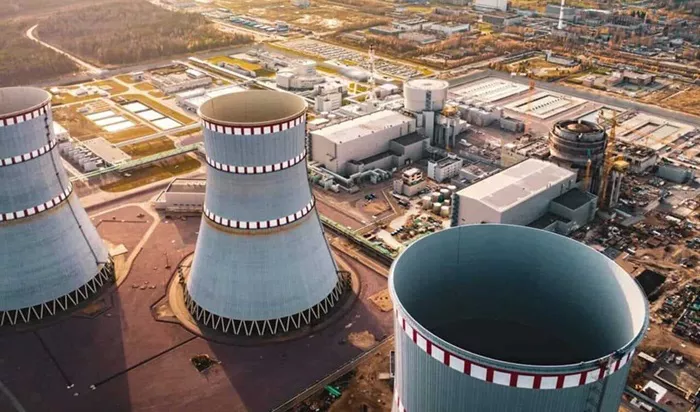Kazakhstan has taken its multi-vector foreign policy strategy to a new level by deciding to split a single nuclear power plant tender into two separate contracts, effectively moving forward with the construction of two reactors instead of one.
Facing intense competition between its powerful neighbors—Russia and China—both eager to secure the contract to build a nuclear reactor on the shores of Lake Balkhash, Kazakh authorities devised a pragmatic solution to avoid offending either side.
On June 14, Kazakhstan’s Atomic Energy Agency (KAEA) officially announced that Russia’s state nuclear corporation, Rosatom, had won the tender for the Lake Balkhash project. Simultaneously, the agency revealed plans for a second nuclear power plant at an as-yet-undisclosed location, awarding that contract to China’s National Nuclear Corporation (CNNC).
Besides Rosatom and CNNC, bidders from France and South Korea were also considered. KAEA officials emphasized that the tender awards were made based on strict criteria, including reactor technology, plant safety, financial and technological factors, international experience, personnel training, and localization levels.
The agency further noted that efforts are underway to secure state export financing from Russia for its portion of the project.
While details about the second plant remain to be finalized, KAEA’s chief Almasadam Satkaliev expressed confidence in China’s capabilities. “Objectively, there are not so many countries in the world that can master the entire atomic cycle on their own,” Satkaliev stated. “China is one of the countries that has all the necessary technologies.”
This dual-contract approach reflects Kazakhstan’s strategic balancing act between two major powers, illustrating the nation’s unique approach to maintaining diplomatic equilibrium while advancing its nuclear energy ambitions.


